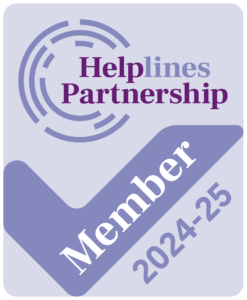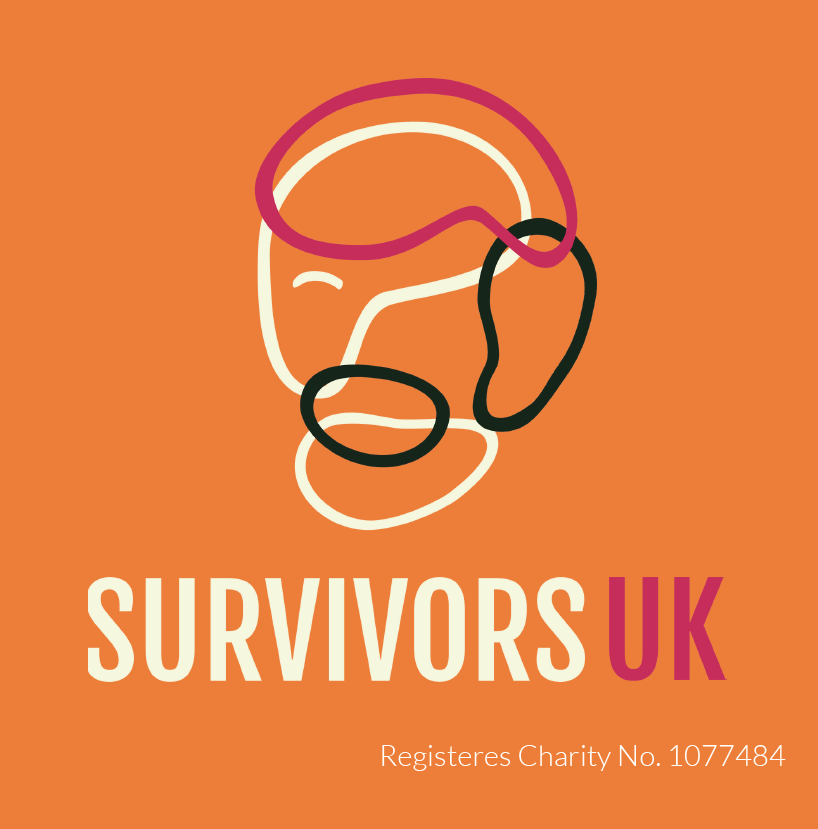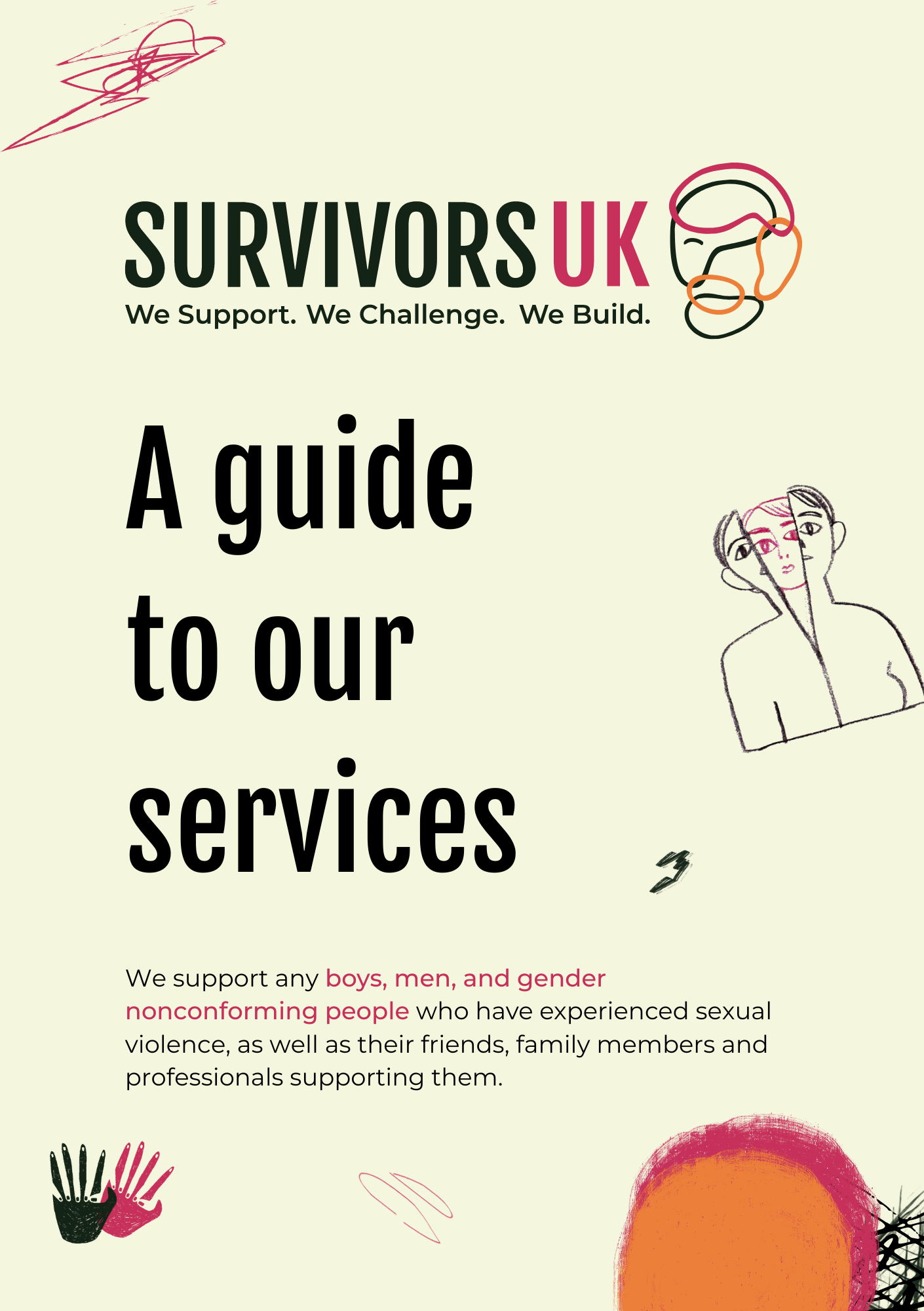If you are a survivor of sexual abuse or supporting someone who is, there are a number of ways which you can explore to help you cope. Below are just a few thoughts from the counsellors here at SurvivorsUK. The list is not exhaustive and it can help to make your own:
Speak to someone
You don’t have to deal with this alone. Speak to someone you can trust. A friend, family member a professional or a helpline. Think who you might be able to speak to today.
Find your anchor
Having something you can consistently turn to when you are disturbed by unwanted memories can help bring you back to the present, but also support you to manage different emotions when they feel they are getting out of control. Most people think of “anchors” as something they can hold, but some of us find things that stimulate other senses more helpful.For example, an essential oil or herbal teabag might work if you find different scents grounding. Tasting something sharp or comforting can be effective in cutting through difficult thoughts and feelings; listening to music or any other sound (it can be as random as the sound of a fan whirring to a bell ringing) can bring us back to a place of equilibrium. Having an image of somewhere we feel safe and people in our lives who we love when we feel close to meltdown can take us back to a feeling of security. And, if touch is your thing, experiment with different textures – whilst a cool smooth pebble or jewellery works for some people, something soft like a piece of fabric or leather works for others.
Do something
If you feel yourself sliding into a state of anxiety, fear or even anger that feels overwhelming – or know that something that might provoke such a feeling is around the corner – having an activity that will take you away from those feelings can be an effective way of managing. Anything that you find mentally absorbing will not only act as a distraction, but also help you to relax as your mind turns away from whatever is causing you distress.Again, different things work for other people – sudoku and crosswords suit some, following a recipe and cooking something new does the trick for others. Finding something physical to do can keep our minds busy and our bodies active, whether it’s trying out a climbing wall or getting stuck into some DIY. Doing something creative like painting or playing a musical instrument might also help – but remember, the aim is to make you feel better, so no pressure if your doodle isn’t worthy of a spot in the National Gallery!
Stay in the present
It’s hard to escape from talk of mindfulness these days, but being able to be present in the moment can help us manage a whole range of unwanted thoughts and feelings. If we are re-living a past trauma, finding something that reassures us that what we are experiencing happened in the past can be incredibly reassuring – and sometimes stop the flashback it its tracks. Look at the date on your phone, pick up the newspaper, turn on the telly – anything that confirms where you are and when you are can be effective.
If your feeling of anxiety isn’t being caused by a memory, taking a moment to really take in your environment can, like the activities described above, take your mind away from what is bothering you. Choose something in sight and take in every single detail – the texture of a tree’s bark, the patterns in the brickwork of a building, the different flecks of colour in your dog’s coat.
Choose a mantra
For some people, having a phrase that they can repeat to themselves – in their head, on paper or out loud – not only calms them when they are feeling overwhelmed, but also give them something positive to focus on. A good mantra can act as a reminder of the journey that we are on and the difficulties we have overcome. There is plenty of inspiration on Instagram and Facebook, but a couple of good ones includes “peace begins within me” and “everything will pass”. Can’t find one that fits? Make up your own – the more it means to you, the better.

















